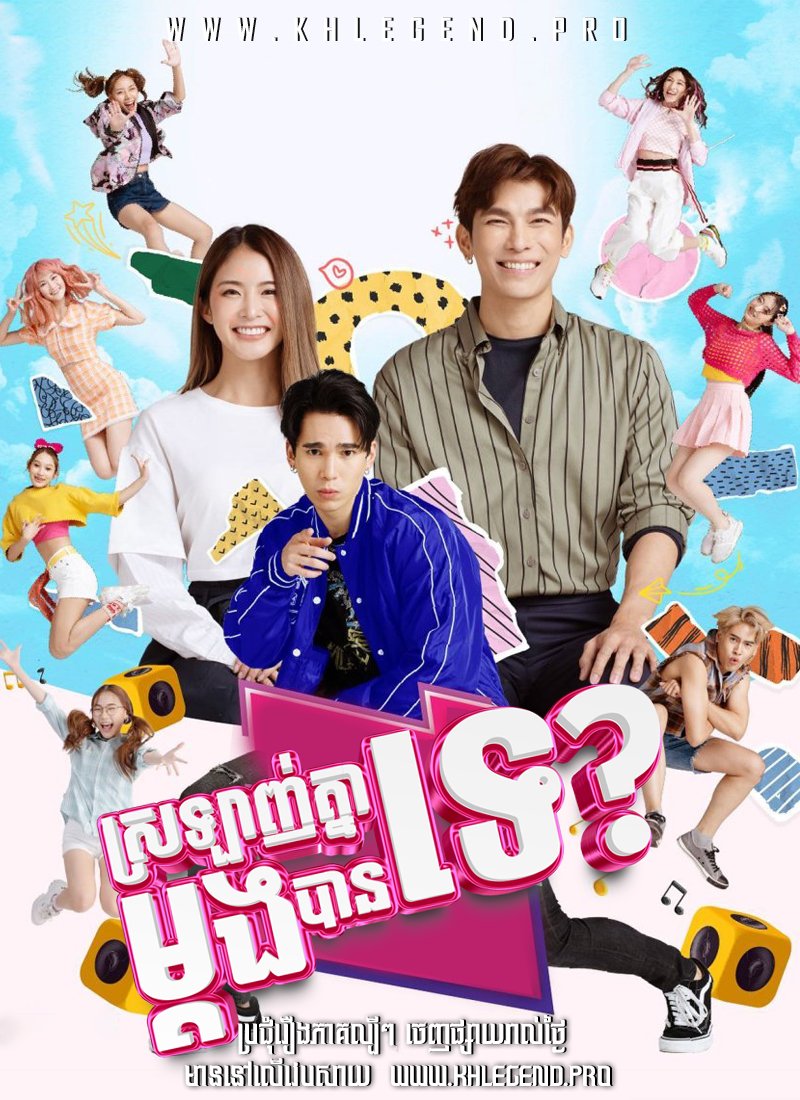
Srolanh Khnea Mdong Teat Ban Te
The Resonant Promise of “Again”: Exploring the Potential Depths of “Again, I Love You, Ik Khrang Chan Rak Thoe”
A title holds immense power, setting expectations and hinting at the emotional core of a story. “Again, I Love You,” followed by its direct Thai translation “Ik Khrang Chan Rak Thoe,” carries a profound weight, immediately suggesting a narrative steeped in history, resilience, and the complexities of love revisited. It speaks not of a first, tentative declaration, but of a love that has weathered storms, faced separation, or perhaps needed rediscovery. This inherent promise of a second (or perhaps subsequent) chance at romance forms the compelling heart around which such a series could beautifully unfold.
The key lies in the word “Again.” Why the need for repetition? This single word opens up a universe of narrative possibilities. Perhaps the series explores a love interrupted – characters separated by circumstance, misunderstanding, or societal pressures, only to find their paths crossing once more. The drama would then lie in navigating the baggage of the past, the scars left by separation, and the vulnerability required to open one’s heart again to the same person. Have they changed? Has the love itself transformed? Can they overcome the obstacles that initially drove them apart, or new ones that have since arisen?
Alternatively, “Again, I Love You” could signify a reaffirmation within an existing relationship. Perhaps the couple has endured significant hardship – betrayal, loss, external conflict, or a period of profound doubt – that tested their bond to its limits. Saying “I love you, again” becomes a powerful statement of survival, forgiveness, and renewed commitment. It suggests a love that isn’t fragile or naive, but one that has been tested in the crucible of life and emerged, perhaps scarred, but ultimately stronger and more intentional. The series could explore the difficult, often unglamorous work of maintaining love through adversity, highlighting the conscious choice involved in continuing to cherish someone despite flaws and challenges.
A third possibility leans into themes of memory and identity. Could “again” imply a rediscovery of love after amnesia or a life-altering event that erased or clouded past feelings? This scenario allows for a unique exploration of whether love is purely emotional or deeply tied to shared history. Would falling in love “again” with the same person feel entirely new, or would echoes of the past resonate, drawing the characters back together on an almost fated path? This approach could delve into philosophical questions about selfhood and the enduring nature of connection beyond conscious memory.
The inclusion of the Thai title, “Ik Khrang Chan Rak Thoe,” firmly grounds the potential series within a specific cultural context. Thai dramas (lakorns) often excel at portraying intense emotional journeys, intricate relationship dynamics, and visually stunning narratives. We might expect heightened emotional stakes, potentially involving family expectations, social hierarchies, or dramatic plot twists characteristic of the genre, all serving to amplify the central theme of rekindled or reaffirmed love. The cultural nuances of expressing love, forgiveness, and enduring commitment within a Thai setting would add another layer of richness and specificity.
Ultimately, a series titled “Again, I Love You, Ik Khrang Chan Rak Thoe” promises an exploration of love’s endurance. It moves beyond the simple meet-cute or the initial spark, venturing into the more complex territory of what happens after “I love you” has been said, tested, perhaps broken, and then, crucially, spoken once more. It suggests a story about hope, resilience, the courage to forgive (oneself or another), and the enduring power of a connection that demands to be acknowledged, not just once, but again. It is this resonant promise of emotional depth and relatable human struggle that makes the prospect of such a series deeply compelling.

